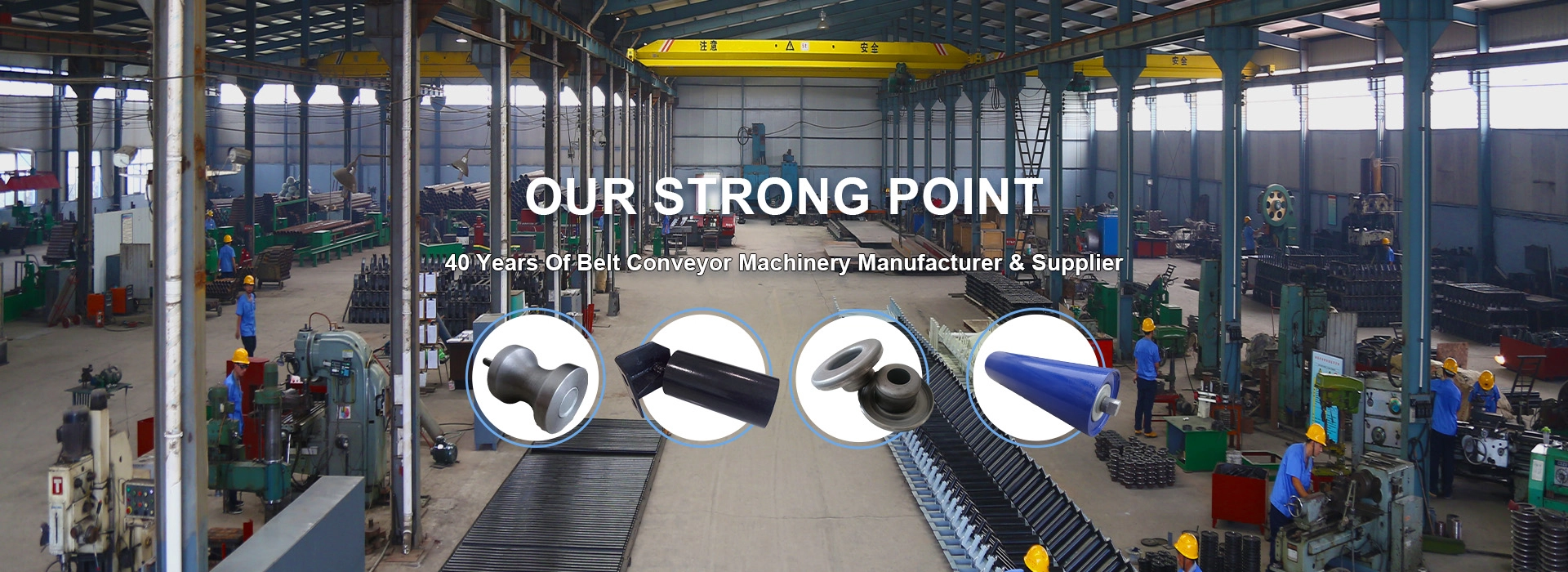 Afrikaans
Afrikaans  Albanian
Albanian  Amharic
Amharic  Arabic
Arabic  Armenian
Armenian  Azerbaijani
Azerbaijani  Basque
Basque  Belarusian
Belarusian  Bengali
Bengali  Bosnian
Bosnian  Bulgarian
Bulgarian  Catalan
Catalan  Cebuano
Cebuano  Corsican
Corsican  Croatian
Croatian  Czech
Czech  Danish
Danish  Dutch
Dutch  English
English  Esperanto
Esperanto  Estonian
Estonian  Finnish
Finnish  French
French  Frisian
Frisian  Galician
Galician  Georgian
Georgian  German
German  Greek
Greek  Gujarati
Gujarati  Haitian Creole
Haitian Creole  hausa
hausa  hawaiian
hawaiian  Hebrew
Hebrew  Hindi
Hindi  Miao
Miao  Hungarian
Hungarian  Icelandic
Icelandic  igbo
igbo  Indonesian
Indonesian  irish
irish  Italian
Italian  Japanese
Japanese  Javanese
Javanese  Kannada
Kannada  kazakh
kazakh  Khmer
Khmer  Rwandese
Rwandese  Korean
Korean  Kurdish
Kurdish  Kyrgyz
Kyrgyz  Lao
Lao  Latin
Latin  Latvian
Latvian  Lithuanian
Lithuanian  Luxembourgish
Luxembourgish  Macedonian
Macedonian  Malgashi
Malgashi  Malay
Malay  Malayalam
Malayalam  Maltese
Maltese  Maori
Maori  Marathi
Marathi  Mongolian
Mongolian  Myanmar
Myanmar  Nepali
Nepali  Norwegian
Norwegian  Norwegian
Norwegian  Occitan
Occitan  Pashto
Pashto  Persian
Persian  Polish
Polish  Portuguese
Portuguese  Punjabi
Punjabi  Romanian
Romanian  Russian
Russian  Samoan
Samoan  Scottish Gaelic
Scottish Gaelic  Serbian
Serbian  Sesotho
Sesotho  Shona
Shona  Sindhi
Sindhi  Sinhala
Sinhala  Slovak
Slovak  Slovenian
Slovenian  Somali
Somali  Spanish
Spanish  Sundanese
Sundanese  Swahili
Swahili  Swedish
Swedish  Tagalog
Tagalog  Tajik
Tajik  Tamil
Tamil  Tatar
Tatar  Telugu
Telugu  Thai
Thai  Turkish
Turkish  Turkmen
Turkmen  Ukrainian
Ukrainian  Urdu
Urdu  Uighur
Uighur  Uzbek
Uzbek  Vietnamese
Vietnamese  Welsh
Welsh  Bantu
Bantu  Yiddish
Yiddish  Yoruba
Yoruba  Zulu
Zulu belt conveyor roller
Understanding Belt Conveyor Rollers A Critical Component in Material Handling
Belt conveyor systems are integral to many industrial processes, providing an efficient means of transporting materials across various distances. At the heart of these systems lie conveyor rollers, which are essential for the smooth and efficient operation of the conveyor belt. This article delves into the function, types, benefits, and maintenance of belt conveyor rollers.
Function of Conveyor Rollers
Conveyor rollers are cylindrical components that support and guide the conveyor belt as it moves. They are strategically placed along the conveyor to facilitate the belt's movement, reduce friction, and distribute the load evenly. Rollers play a crucial role in maintaining belt tension, aligning the belt, and absorbing some of the stress that occurs during material transport.
The design of rollers has a significant impact on the overall efficiency and effectiveness of the conveyor system. A well-designed roller can minimize wear and tear on the belt while ensuring that the materials are transported smoothly. Without these rollers, the conveyor system would face increased friction, leading to higher energy consumption and reduced lifespan of the belt.
Types of Conveyor Rollers
There are several types of conveyor rollers, each designed for specific applications and conditions. Common types include
1. Carrying Rollers These support the weight of the material being transported. Carrying rollers are typically used in the troughing sections of a conveyor and are designed to accommodate various load capacities.
2. Return Rollers Located on the return side of the conveyor, these rollers guide the belt back to the loading area. They are designed to handle less weight compared to carrying rollers and ensure that the belt maintains its correct alignment.
3. Impact Rollers These are specially designed to absorb the shock of heavy material loads during loading operations. They help protect the belt from damage caused by falling materials.
4. Idler Rollers These do not drive the belt but provide support and guidance. They help maintain the belt's path and prevent it from slipping off the track.
5. Specialized Rollers Some rollers are designed for specific applications, such as those used in high-temperature environments or those that require cleaning functions.
Benefits of Conveyor Rollers
belt conveyor roller

Investing in high-quality conveyor rollers offers numerous benefits
- Reduced Friction Well-lubricated and designed rollers minimize friction, lowering energy consumption and operating costs.
- Increased Efficiency Efficient rollers enhance the overall performance of the conveyor system, allowing materials to be moved quickly and reliably.
- Extended Equipment Life Quality rollers reduce wear on the conveyor belt, extending its lifespan. This minimizes downtime and replacement costs, contributing to a more profitable operation.
- Safety Properly functioning rollers help prevent belt misalignment, reducing the risk of accidents and injuries within the workplace.
Maintenance of Conveyor Rollers
Regular maintenance of conveyor rollers is essential to ensure their longevity and optimal performance. Key maintenance practices include
- Routine Inspections Regularly checking for any signs of wear, damage, or misalignment helps catch issues before they escalate into costly repairs.
- Lubrication Keeping the roller bearings adequately lubricated reduces friction and wear, ensuring smooth operation.
- Cleaning Keeping rollers clean prevents the buildup of debris, which can affect their performance and the overall functionality of the conveyor belt.
- Replacement Identifying worn or damaged rollers promptly and replacing them is vital for maintaining the efficiency of the conveyor system.
Conclusion
Belt conveyor rollers are crucial components that significantly affect the performance and reliability of conveyor systems. Understanding their types, functions, and maintenance needs can help industries optimize their material handling processes. By investing in high-quality rollers and adhering to regular maintenance practices, businesses can ensure smooth operations, enhanced efficiency, and reduced costs in the long run. As industries continue to evolve, the importance of effective material handling systems only grows, making conveyor rollers an indispensable part of modern logistics and manufacturing.
-
Revolutionizing Conveyor Reliability with Advanced Rubber Lagging PulleysNewsJul.22,2025
-
Powering Precision and Durability with Expert Manufacturers of Conveyor ComponentsNewsJul.22,2025
-
Optimizing Conveyor Systems with Advanced Conveyor AccessoriesNewsJul.22,2025
-
Maximize Conveyor Efficiency with Quality Conveyor Idler PulleysNewsJul.22,2025
-
Future-Proof Your Conveyor System with High-Performance Polyurethane RollerNewsJul.22,2025
-
Driving Efficiency Forward with Quality Idlers and RollersNewsJul.22,2025





























